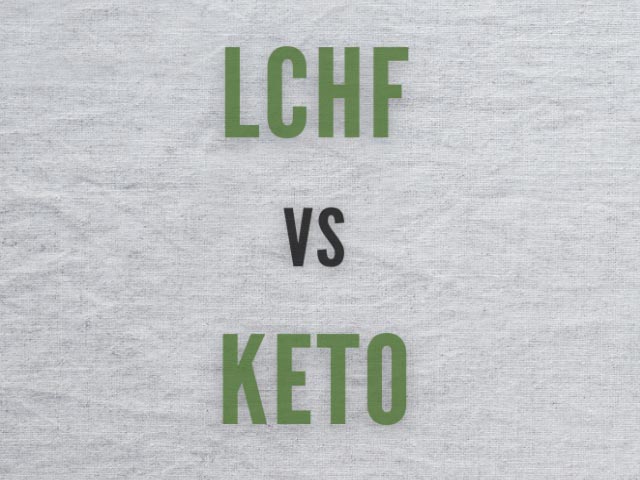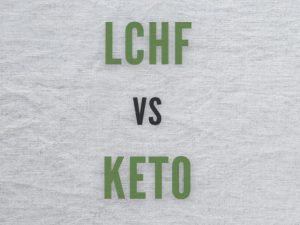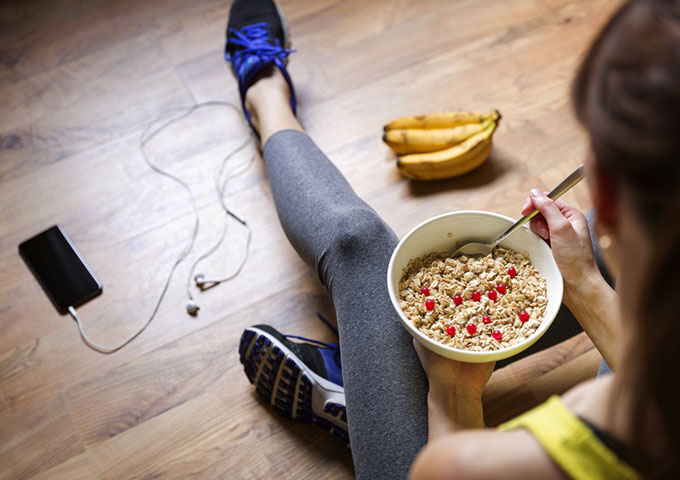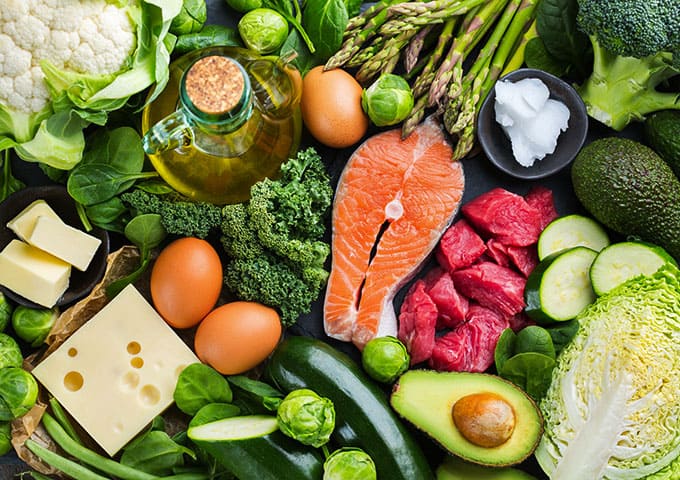

In recent years, there has been a significant increase in interest for low-carb, high-fat diets. Among the most well-known of these are the keto (ketogenic) diet and the LCHF (Low-Carb, High-Fat) diet. Although they seem similar at first glance, there are key differences that separate them. In this article, we will explore these differences and help you decide which diet is best for you.
Keto Diet:
LCHF Diet:
Keto Diet:
The primary goal of the keto diet is to bring the body into a state of ketosis, where the body uses ketones (produced from fats) as the main energy source instead of glucose. Ketosis is achieved by very low carbohydrate intake, which forces the body to use fats as its primary fuel source.
LCHF Diet:
The LCHF diet focuses on reducing carbohydrate intake and increasing fat intake without the strict necessity of achieving ketosis. The goal is generally to improve health, promote weight loss, and stabilize blood sugar. This diet is more flexible and can be more sustainable long-term.
Keto Diet:
The keto diet is very strict in terms of carbohydrate intake, requiring careful monitoring and often testing ketone levels in the blood or urine to ensure the body is in ketosis. This strictness can be challenging for many people.
LCHF Diet:
The LCHF diet is less strict in terms of carbohydrate intake and typically does not require ketone monitoring. This diet allows more flexibility in food choices, making it easier to stick to.
Keto Diet:
Usually restricts carbohydrate intake to 20-50 grams per day. This strict limit is necessary for achieving and maintaining ketosis.
LCHF Diet:
Allows for a slightly higher carbohydrate intake, typically between 50-100 grams per day, depending on individual goals and carbohydrate tolerance. This flexibility allows for a wider variety of foods and makes adherence easier.
Keto Diet:
Some people may find the keto diet hard to sustain long-term due to the very low carbohydrate intake and the need for strict monitoring. However, many individuals achieve excellent results in weight loss and metabolic health.
LCHF Diet:
The LCHF diet is considered more flexible and easier to maintain long-term, as it allows for a higher carbohydrate intake and more variety in food choices. This makes it more suitable for a broader range of people who want a healthier eating pattern without strict restrictions.
Conclusion
Both keto and LCHF diets can be effective for weight loss, blood sugar control, and improving overall health. The key difference lies in the strict nature of the keto diet, which aims to bring the body into a state of ketosis, while LCHF provides more flexibility and a less restrictive reduction of carbohydrates. The choice between these diets depends on your personal goals, preferences, and ability to adhere to a specific eating regimen.

Providing comprehensive tools for maintaining a healthy lifestyle, from tracking nutritional values to analyzing your BMI and information about food additives.

In recent years, there has been a significant increase in...
Read More...
Whether you're an athlete, an active individual, or just starting...
Read More...
Healthy eating during travel is crucial for athletes who are...
Read More...
Once praised for its rapid weight loss effects, the keto...
Read More...
Discover experiences and honest feedback from people who have trusted us with their journey to a healthier diet.
I absolutely love this portal! Their nutrition advice is invaluable and combines health with practicality. I highly recommend it to all health enthusiasts!
I've tried different portals, but nothing compares to the quality and useful information offered by HealthyFoodGo. Now I always feel informed and confident in my dietary decisions.
HealthyFoodGo offers top-notch nutrition advice. Their articles are not only reliable but also very informative. I can't imagine a day without visiting their portal!